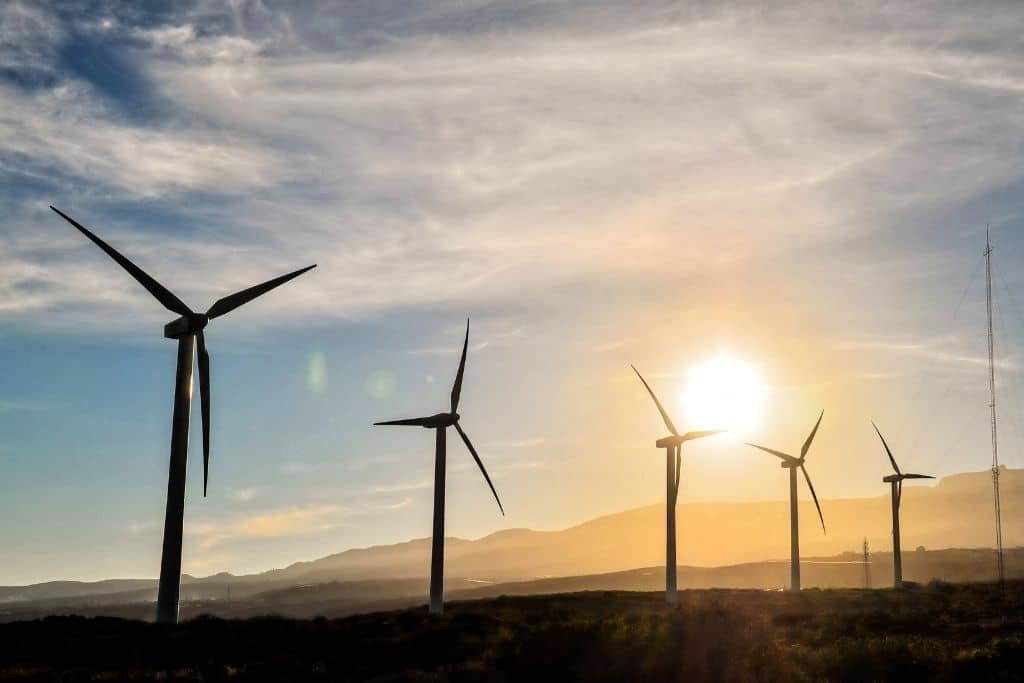Leading consultancy firm McKinsey estimates the level of investment needed to meet Paris climate goals and to avoid a global climate catastrophe.
—-
As the world continues to deal with worsening climate change effects and more countries figuring out roadmaps towards achieving carbon neutrality, a new analysis by McKinsey & Co estimates that USD$9.2 trillion a year through 2050 will need to be invested in order to meet global climate goals.
According to the report published by one of the world’s most influential consulting firms, reaching net zero carbon emissions by the mid-century will require “fundamental transformation of the global economy”, and a 60% increase on current investment levels – equivalent to half of global corporate profits. This means that the world needs to increase at least $3.5 trillion more a year in low-carbon technology and solutions across the energy, transport, buildings, industry and agriculture sectors.
Another $1 trillion more of today’s spending is required to switch from high-carbon to low-carbon goods such as electric vehicles and heat pumps.
The McKinsey report also suggests that to cap global temperature rise to at least 1.5C and avoid a climate catastrophe, coal use and consumption needs to be completely eradicated by 2050 – a goal that the UN was aiming to achieve at the recent COP26 summit. Oil and gas production would also need to drop at least 55% and 77% respectively, while steel would see costs rise about 30% and cement 45%.
In this scenario, the report says that electricity costs could increase by 25% by 2040 before dropping below today’s levels after 2050 due to lower operational costs in the renewable energy sector. Notably, 200 million new jobs will be created to replace the 185 million positions that will become obsolete in the new sustainable economy.
You might also like: What Sort Of Climate Investments Should Cities Be Making?
The authors of the report recognises the investment needed is monumental and that the economic transformation will affect every country and every sector, but the cost of inaction and toll of a climate catastrophe would be far more significant.
“$9.2tn is a very big number – big enough for anybody to pay attention to,” said Jonathan Woetzel, one of the authors of the report. “But it’s not an impossible number. It’s not like we haven’t [made transformations] before in other ways”.
But the analysis warned that developing countries will likely have to spend a lot more than developed countries, where countries in sub-Saharan Africa and nations like India would need to invest 10.8% of their GDP while the US would only require 6.4%. This echoes the demands of a climate debt, where the industrialised world has failed spectacularly in delivering the $100 billion a year promise starting from 2020 – countries have pushed to pledge to 2022.
Aside from a rough estimate of what a net zero economic transition would require, the McKinsey team also identified nine key requirements in achieving that vision, from advanced technologies and low-carbon infrastructure to new supply chains to produce said infrastructure, as well as overhauls in capital allocation and finance. In other words, a true global effort.
“This is truly a global problem that will require a global solution,” said Hamid Samandari, a McKinsey senior partner and co-author. “It will require a level of cooperation and resolve, and unity of purpose that is beyond what it has been in the past.”


















